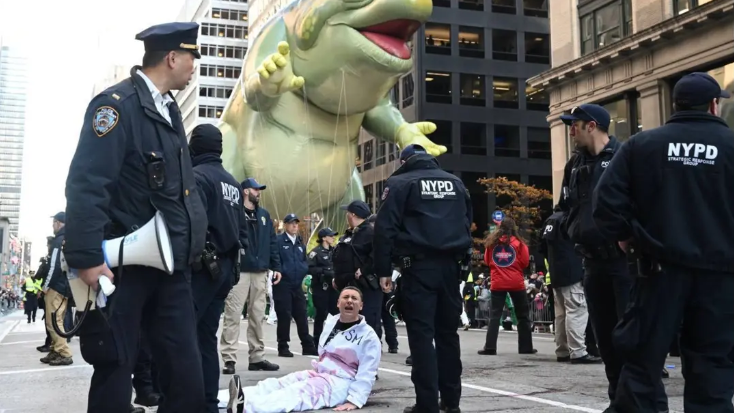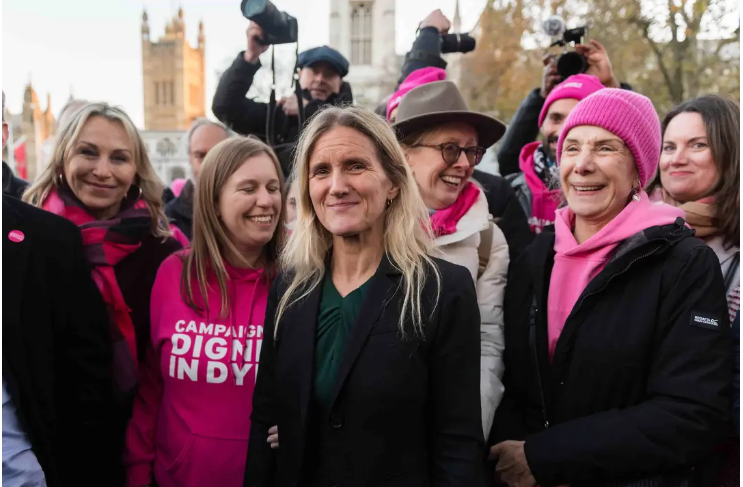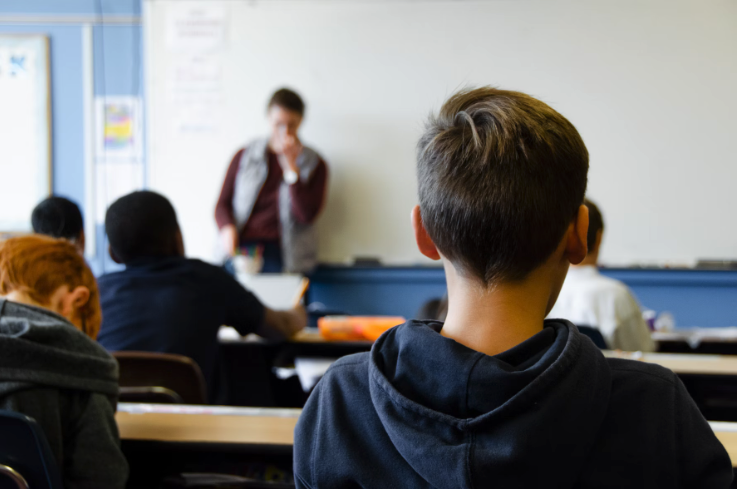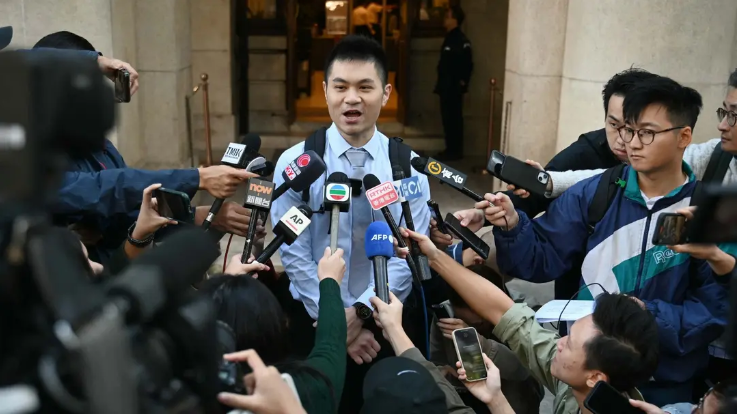UN Report: Illicit Drug Trade Expanding in Southeast Asia
A UN Office of Drugs and Crime (UNODC) report released on Friday states that the synthetic drug trade in East and Southeast Asia is expanding, with ketamine production rising and new trafficking routes for methamphetamine emerging.
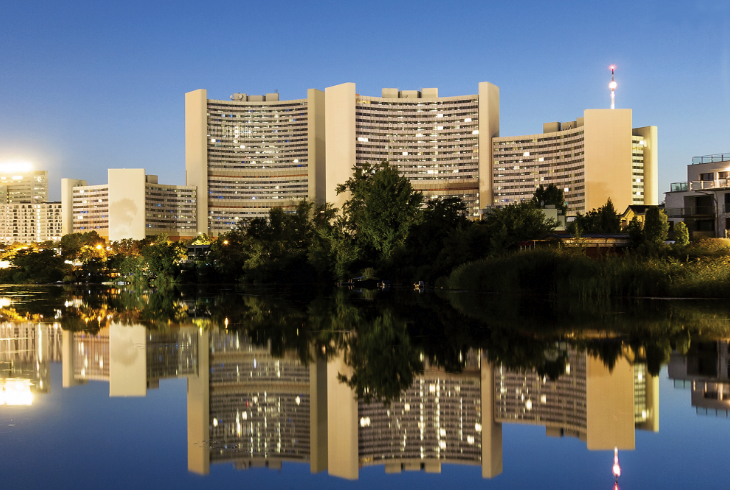
Facts
- A UN Office of Drugs and Crime (UNODC) report released on Friday states that the synthetic drug trade in East and Southeast Asia is expanding, with ketamine production rising and new trafficking routes for methamphetamine emerging.1
- The research — which drew on critical indicators such as arrests, purity, and prices to assert that the supply has remained high — found that meth seizures fell back to pre-pandemic levels in 2022 as international drug syndicates began reconnecting after border closures and travel restrictions started lifting.2
- This comes as organized crime groups in the infamous Golden Triangle — an international tripoint at the convergence of Thailand, Myanmar, and Laos — have reportedly begun transporting considerable amounts of meth through central Myanmar to the Andaman Sea.3
- While drug cartels still ship large volumes through Laos and northern Thailand, they have reportedly established alternative maritime routes through war-torn Myanmar to avoid Chinese and Thai land patrols.4
- Mass amounts of crystal meth and other illegal drugs are allegedly smuggled out of Southeast Asia to high-paying customers in Australia, Japan, New Zealand, South Korea, Bangladesh, and India.5
- On Tuesday, Thai authorities seized nearly a ton of crystal meth off the coast in the Gulf of Thailand, supposedly en route to being loaded onto a bigger ship in international waters to be later transported to a third country.6
Sources: 1Reuters, 2CNN, 3Al Jazeera, 4France 24, 5BBC News, and 6Associated Press.
Narratives
- Narrative A, as provided by UN News. Despite being a formidable challenge to interrupt the transnational drug trade in Southeast Asia's Golden Triangle, local authorities have experienced some success in tackling trafficking and other crimes due to information sharing and cross-border cooperation with the support of the United Nations. There is a long way to achieve this goal, but international collaboration is vital to stopping drug trafficking.
- Narrative B, as provided by Asia Times. The current drug smuggling situation in Southeast Asia is a direct consequence of the complicity of state actors, local and foreign. The Golden Triangle has become a hotbed of drugs due to the US backing anti-communist rebel groups involved in the drug trade in the region during the Cold War and China ignoring Myanmar's active and direct role in facilitating an illicit business.



